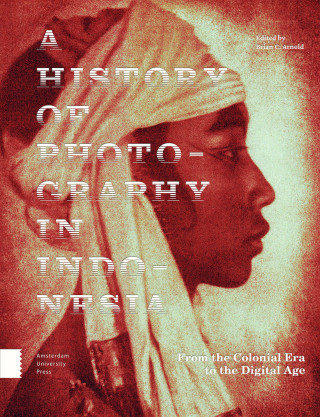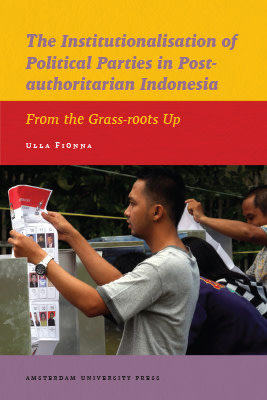"This book is ... important in that it adds to our understanding of the opportunities and challenges faced by Indonesia's political parties in institutionalising during the country's transition to democracy. It is to be hoped that Fionna's book, from the ideographic political research tradition, prompts other, more nomothetic studies." -- Philips Vermonte, Centre for Strategic and International Studies Jakarta for Bulletin of Indonesian Economic Studies
"This is an important and insightful book; a study of the gritty reality of branch level politics and party management in Indonesia, seen through the lens of Malang. We are used to seeing Indonesian parties as free-floating elites. Here we see how they struggle to connect with the grassroots. Especially important for understanding up-coming elections." -- David Reeve, Univeristy of Leiden.
"The success of Indonesian democratization depends heavily on the extent to which political parties become responsive to their constituents at the grass roots level. Ulla Fionna’s fine-grained study of changes in four party organizations in Malang, East Java, adds valuable new data and important political science tools for the analysis of party development. Analysts and party-builders should be encouraged by her finding that the level of local activists’ skills and commitments makes a significant difference for the quality of Indonesia’s fledgling democracy." -- Bill Liddle, Ohio State University

